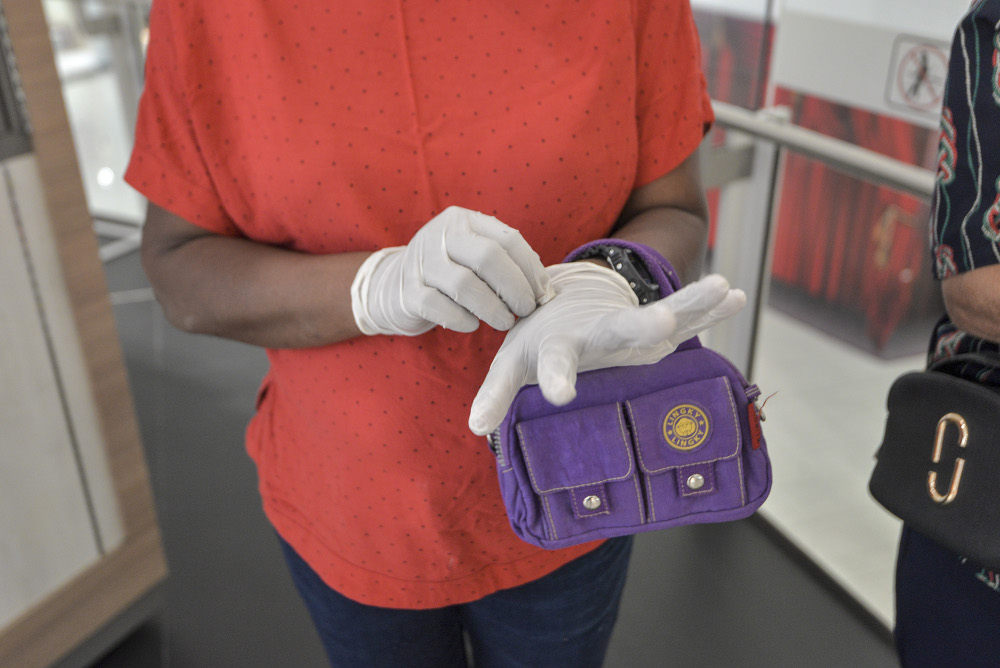CYBERJAYA, March 26 — World Gloves International Group City & Development Hub (WGC) will invest approximately RM100 million to construct a glove manufacturing plant, as part of its future plans to develop the World Gloves City — a glove manufacturing hub to house its own value chain ecosystem by 2025.
WGC co-founder Datuk Seri Desmond Lim said the plant, located near Kuantan, Pahang, will manufacture nitrile, latex and vinyl gloves for the global markets and would strengthen Malaysia’s position as the largest glove supplier in the world, wherein it currently accounts for 60 per cent of global exports.
“The RM100 million (investment) is only for the first phase spanning over 149.73 hectares and is expected to be completed by year-end. The development includes 10 production lines to produce nitrile gloves, with a production capacity of up to 200,000 gloves per month once operational,” he told reporters after announcing the the project here, today.
The announcement also included the formation of key partnerships in the World Gloves City development.
The Malaysia Automotive, Robotics and IoT Institute (MARii) and WGC signed a memorandum of agreement (MoA), making MARii a technology partner to the project.
At the same time, WGC signed a leasing agreement with the Pahang State Development Corporation (PKNP) to enable the kick-start the first phase of the World Gloves City development in June this year.
The World Gloves City is slated to be a complete ecosystem for the entire value chain of gloves and personal protective equipment products, and encompasses the development of a fully-fledged digital and smart city, capable of meeting future global demand through its smart framework that includes infrastructure, mobility, governance, technology, smart living, and commerce.
MARii chief executive officer Datuk Madani Sahari said this project will see the use of advanced technology in the manufacturing of gloves to meet future global demand, and also transcend into smart living and intelligent commerce.
“This collaboration opens doors for more businesses and expertise in the field of medical equipment, and widens the applications of smart manufacturing and Industry 4.0 in this sector to remain sustainable and competitive,” he said.
More than half of the area under the first phase will consist of an industrial park to accommodate 750 plants equipped with clean rooms, chemistry labs, packaging, and warehousing.
The plants will utilise smart manufacturing applications, manufacturing execution system, intelligent robotics, engineering simulations, big data analytics and Internet of Things system throughout the manufacturing processes.
To support large-scale manufacturing, the city will house facilities such as supplier factory lots, ports, a power plant, research and development centres, education and training institutions, warehousing, residential areas, recreational areas, and others to cater for a population of 600,000 by the time the city is fully developed. — Bernama






















